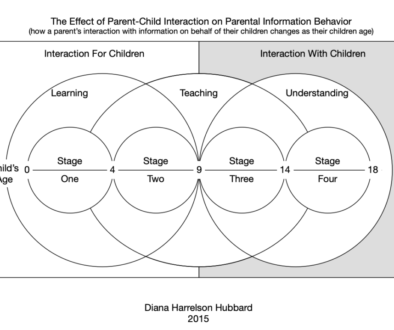Championing Remote Research
As a cyber anthropologist, I have always been a HUGE champion of remote research. Is it different than in-person? Of course it is. Is that a drawback? Depends on how you look at it.
Being someone who came of age with the Internet (yes – I still spell it with a capital I), I have always been a champion of using it as a tool, especially as a researcher. Does it take a special skillset to be able to connect with people remotely? Yes, of course. Does mean it can’t be done? No, not at all. It takes a hell of a lot of empathy and reflection and ACTIVE LISTENING to make it work, but in my experience, it is well worth it. Just being there, in any shape or form, can make a world of difference sometimes. You might be very impressed with the depth of relationships, connections, and knowledge you can glean through a computer screen if you just give it a chance.
Remote research has been around a while. The work I did for my Bachelors (2006) Masters (2009-2010) and Ph.D. (2015-2016) all incorporated remote research of some sort, which was based on my predecessors from the early 2000s (Christine Hine, for example). I also incorporated it as a part of my work at SoftLayer/IBM (2009-20018), SAP (2018-2019), and my team did so at Hilton (2019-2020). It CAN be done as long as you’re willing and able to give it a try and understand that being able to identify with our fellow humans doesn’t always require physical presence.
You may even be able to delve further researching remotely than you ever could in person simply because communicating via a computer screen provides a comfort to some that they can’t get in any other way. There are a lot of people who prefer to communicate at a distance for one reason or another. Let’s not reject or forget about them because they communicate in a way different from most of society. EMBRACE it and you just might achieve a much deeper connection than you ever would have in a manufactured lab or a corporate workspace.
I know a few researchers who are in unfamiliar territory right now and my advice to them is that they already have the skills they need, they just need to understand how to transfer it to an online context. All people want to do in the world is connect with others (whether they admit it or not). Figure out how to be that conduit, and you can do wonders for everyone from research respondents to co-workers, and friends.
Looking for tips and tricks to make this work? I’m on furlough, so almost always available virtually! Contact me if you need advice, guidance, mentorship, or even just a sounding board. I’m happy to help in any way that I can.
